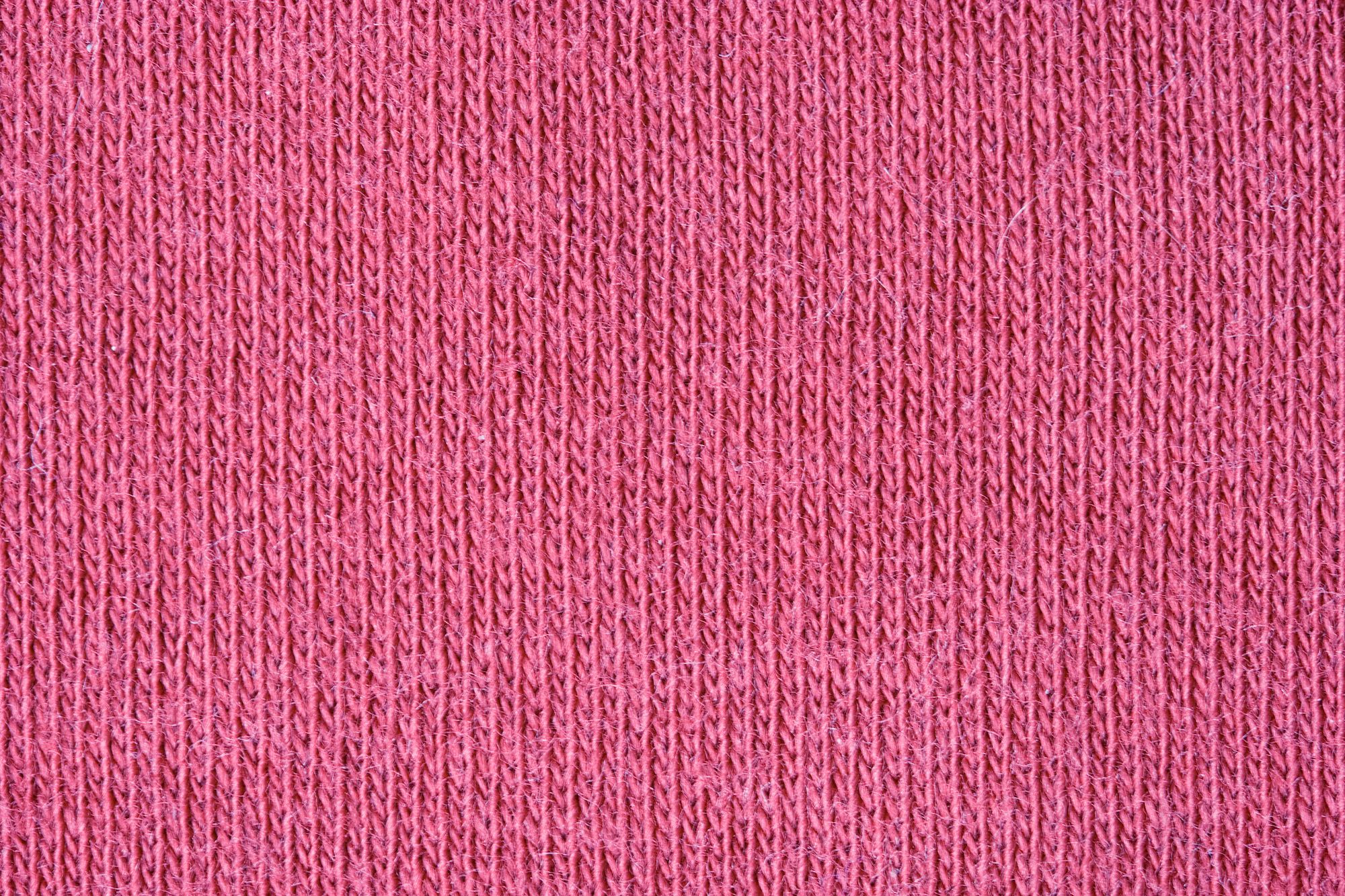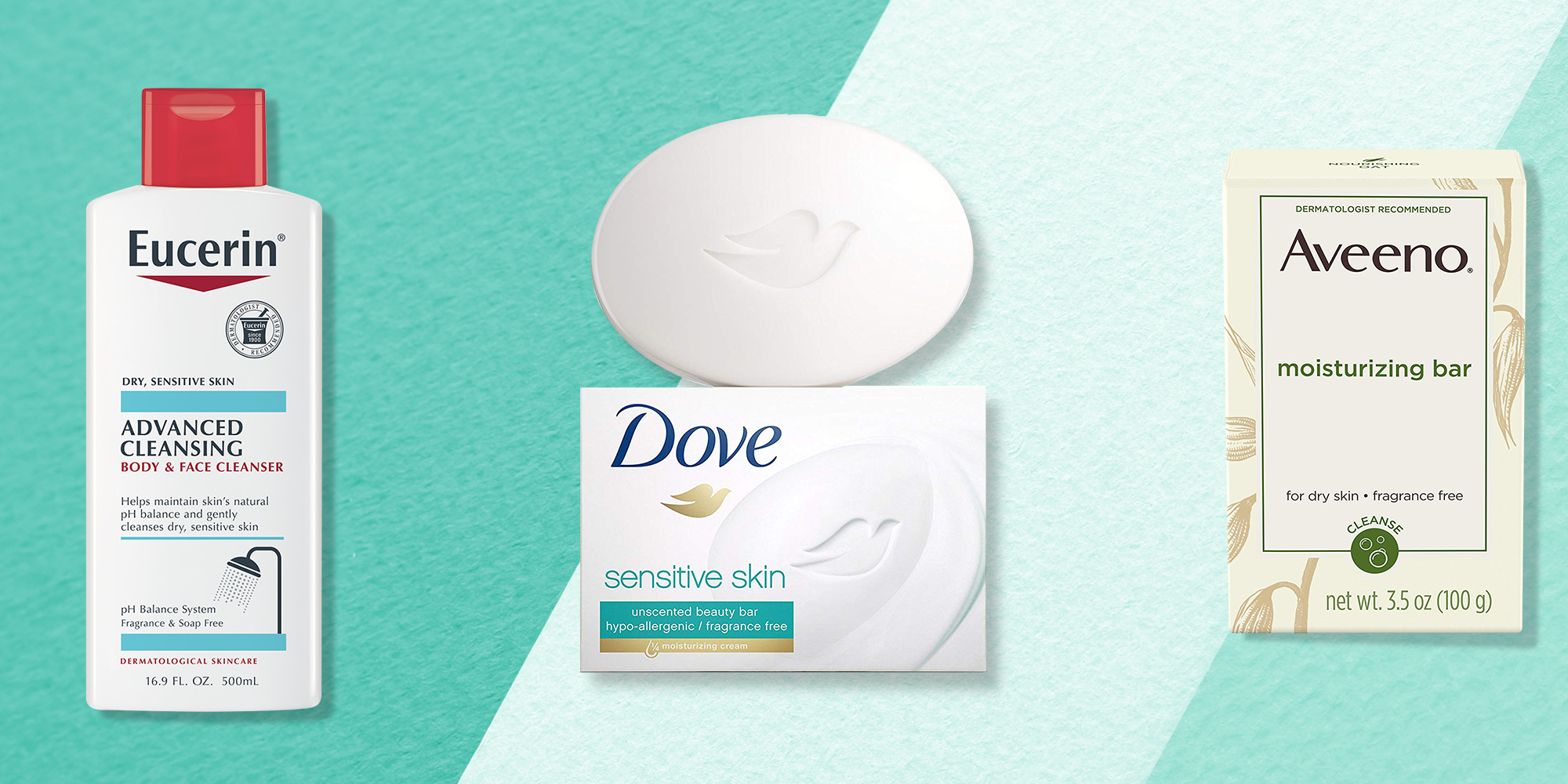Having an irritated vulva is, at best, distracting. At worst, it can be really painful—not to mention confusing. Like, what’s going on with your vulva to make this happen? Is there some cosmic reason you’re suddenly dealing with vulvar irritation?
But first, a quick anatomy lesson: People tend to use the word vagina to describe everything down there, but there’s a difference between your actual vagina and other parts, like your vulva. Your vagina is the internal tube-like structure that goes from your uterus to the outside of your body. Your vulva is your external female genitalia.
While dealing with vaginal irritation is no fun, you’re much more likely to notice when your vulva is irritated. Not only will you probably feel it, you may even be able to see it. That’s why it’s a good idea to do spot checks on your vulva with a mirror once a month, says Gloria A. Bachmann, MD, director of the Women’s Health Institute at Rutgers Robert Wood Johnson Medical School. “All women should know what that area of her body looks like,” she says. After all, she points out, it’s hard to know if something is off with your vulva if you’re not sure what it looks like on a normal day.
If you’re struggling with vulvar irritation, you’ll want to call your doctor in many cases. But, of course, you also want to at least have some clue of what could be going on down there. Here’s everything you need to know to have an informed convo with your physician and get relief ASAP.
What does an irritated vulva look and feel like exactly?
Don’t know what your vulva looks like at baseline? It’s okay. There are a few tip-offs that it’s irritated, and some are more obvious than others, says Nishath Ali, MD, assistant professor of obstetrics and gynecology at Baylor College of Medicine. These are the more common signs of an irritated vulva:
- Redness
- It looks swollen
- Small tears in the skin (called fissures)
- The skin feels thin
- Pain
- Burning
- Itching
- You have a change in your discharge
- You have pain during sex
“In most cases, an irritated vulva will be bright red,” says Lauren Streicher, MD, a professor of clinical obstetrics and gynecology at Northwestern University’s Feinberg School of Medicine. “But, really, anything about the vulvar skin that looks different could be a sign of irritation.”
When should I see a doctor about vulvar irritation?
If your vulva is irritated and it doesn’t get better after a day or two, it’s a good idea to call your doctor’s office about next steps, Dr. Streicher says.Of course, if you’re in pain, you should definitely call ASAP.
Just know this: Unless you’re struggling, your doctor’s office may not recommend that you come in to the office right away. Instead, they might suggest some lifestyle tweaks first (more on those later). “Usually the nurse can go through a few questions to determine if you need to be seen,” Dr. Ali says.
The Most Common Causes of Vulvar Irritation
There are a few different things that can be irritating your vulva—and these are the biggies:
1. Yeast infection
While most people think of a yeast infection as something you get in the vagina, Dr. Streicher points out that you can develop one on your vulva too. “It sometimes occurs along with a vaginal yeast infection, but it can also be separate,” she says.
How to treat it: You can try an over-the-counter miconazole cream on the area, Dr. Streicher says. But, if you’re still uncomfortable after using it for a few days, call your doctor. In some cases, you might need to take an oral anti-fungal medication like fluconazole, she says, which can be prescribed by your doctor.
2. Your period
There can be a few different factors at play here, Dr. Ali says. Pads and tampons can irritate your vulva, leading to symptoms, and so can hormonal changes associated with your period. In most cases, though, it’s about the period products you’re using, Dr. Streicher says.
How to treat it: If you suspect that the menstrual products you’re using could be an issue, Streicher recommend switching them up. Definitely opt for something that’s unscented, and make sure you’re changing out your used tampons and pads regularly.
3. Menopause
This cause is a little more indirect. Menopause can cause hormonal changes that interfere with your vulva. “Declining estrogen levels lead to thinning of vulvar skin,” Dr. Ali says. As a result, Dr. Streicher adds, “the skin is more vulnerable than it was before.”
How to treat it: Your doctor may recommend an estrogen cream to help soothe the skin down there.
4. Bacterial vaginosis
Bacterial vaginosis, a.k.a. BV, is technically a vaginal infection, “but the discharge can cause a lot of vulvar irritation and burning,” Dr. Streicher says. In fact, she adds, “that’s how a lot of people know they have BV.”
How to treat it: Getting rid of vulvar irritation due to BV means treating the BV itself. That means taking metronidazole either in pill or intravaginal cream form, or using clindamycin cream.
5. Harsh soaps
“The skin in the vulvar area is more sensitive to chemicals,” Dr. Ali says. So, if you’re using a soap that’s a little more on the intense side or has strong perfumes in it, it can irritate you.
How to treat it: Dr. Streicher recommends that you stop using any harsh soap and just rinse your vulva with water to see if the irritation clears up. “Pat the area dry afterward,” she says. (And consider switching to a more gentle soap, like the ones recommended at the link.)
6. Scented products
The big issue with scented products, Dr. Streicher says, is that they contain chemicals. “Any chemical can be irritating to vulvar skin,” she says.
How to treat it: Make sure you’re only using unscented products down there, whether it’s soap, tampons, or pads. And remember, from Dr. Streicher: You don’t need to wash your vulva with soap. “Water is just fine,” she says.
7. Urine
Weird but true: Your pee can actually irritate your vulva. “Urine has a lot of acidity and it can cause a huge amount of vulvar irritation,” Dr. Streicher says.
How to treat it: This is mostly an issue in women who struggle with urinary incontinence or who just had a baby, Dr. Streicher says. If you suspect your urine is causing your vulvar issues, talk to your doctor. It may also help to use a perineal rinse bottle to dilute your pee when you use the bathroom.
8. Your partner’s pubic hair
This is less about the pubic hair itself and more about the possible stubble, Dr. Streicher says. “You can get rug burn, so to speak.”
How to treat it: Ask your partner to take it easy on the pubic grooming, for starters. You can also put an ice pack wrapped in a cloth on the area to soothe it, Dr. Streicher says.
9. STIs
While many STIs can cause your vulva to become irritated, Dr. Ali says that “herpes is a common vulvar irritant, especially in recurrent herpes.”
How to treat it: You’re going to need your doctor’s help for this one. Dr. Streicher says it’s important to get a proper diagnosis and follow the prescribed treatment plan from there.
10. Wearing underwear without a breathable crotch
In a perfect world, you’d wear cotton underwear. In reality, that just may not be your thing. But wearing underwear made from a synthetic fabric that doesn’t at least have a breathable cotton crotch makes you more likely to develop a yeast infection, Dr. Ali says. Cue the vulvar irritation.
How to treat it: Switch your underwear, and the irritation should go away after that if it’s related.
The bottom line: There are many (harmless!) reasons for vulvar irritation and itching. See your doctor if simple lifestyle changes, like changing your soap, don’t relieve your symptoms.
Source: Read Full Article


